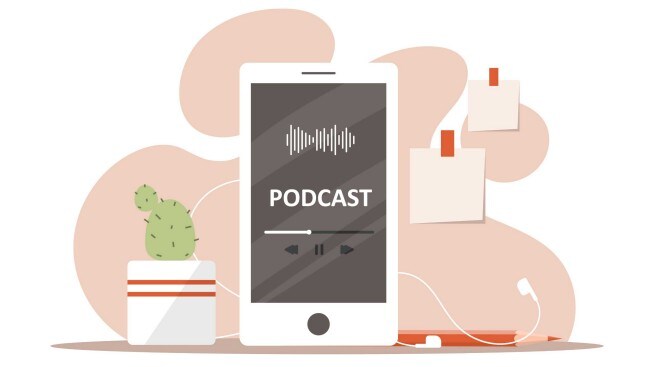Should I close credit cards I don’t use?

You've been on a mission to clean up your finances and you've now reached a point where you have some credit cards with zero balances that you no longer want to use. What's better for your credit score: keeping them open or chopping them up and shutting them down? Like many things in life, it all depends. Here are the pros and cons of keeping zero balance credit card accounts open or closing them down.
The pros of keeping your credit card account open
1. Could help maintain your credit utilization ratio:
Keeping your credit card account may prevent any negative effects to your credit utilization ratio - which is a portion of your credit score that accounts for all the accounts you have open against the amount of debt you currently have accumulated.
Let's say that you now have only one credit card with a balance of $300 on it and a $1,000 credit limit. Your utilization ratio would be 30%.
$300/$1,000 = 30%
Now let's say you also have a credit card with a $1,000 limit that you've just paid off. If you keep that credit card open, then your credit utilization would be 15%:
$300/$2,000 = 15%
Credit utilization accounts for a significant portion of your VantageScore®, so you can see how keeping that card with the $1,000 limit and no balance open could make a substantial difference to your score.
2. Improves the average age of your credit:
Keeping your zero balance credit card open could increase the average age of your credit card accounts, which is influential when calculating your VantageScore credit score.
Let's say that zero balance account was opened in 2015, and the other one with the $300 balance and $1,000 credit limit was opened in 2019. If you close your 2015 account, then you're going to look like you've only just started to get access to credit. Keeping an older credit card would show lenders that you are capable of managing credit over a number of years.
3. Preserve low-interest rates and perks:
Do you have a low interest rate and perks on the card you're considering closing? It might offer cash back rewards, for instance, which you can take advantage of for a big purchase. Or it might have an exceptionally low interest rate that becomes unavailable if you apply for the same card in the future.
The pros of closing your credit card account
1. No more temptation to go into debt:
Only you can know: will you be tempted to use that zero balance card again if you don't close the account? If you are considering closing a credit card, this gives you an opportunity to close the credit card account with a highest interest rate.
In the long run, maintaining financial health could be much better for your credit score than the benefits of keeping the card account open. If you feel that keeping the account open could send you back into a stressful debt situation, then chop it up and close it down.
2. It may not affect your credit score:
Closing a credit card with a short history may be less impactful to your credit score than closing a credit card you've had for many years.
3. You want to keep track of fewer cards:
If you are currently juggling several credit cards, you may want to consider closing the card that affects your credit score the least, such as one with a small credit limit or one you've had for the least amount of time.
Is it better to cancel unused credit cards or keep them open?
If the credit card is one of your oldest cards, you may want to reconsider closing it. By keeping your oldest line of credit open and making consistent on-time payments on it, you can show future lenders that you are committed and able to handle long-term debt.
If there is a large annual fee on the card: Why pay a large fee if you aren't benefiting from card perks or you no longer find the card useful? But before you close this kind of account, consider whether doing so could worsen your credit utilization by reducing your available credit limits.
Will closing my credit card affect my credit score?
Closing your credit card accounts may negatively affect both your credit score and your credit history. Your credit history is a large factor in your credit score and takes into consideration the average age of your oldest and youngest credit cards in addition to other factors, such as how long it has been since it was last used. You may be able to maintain a favorable and lengthy credit history by keeping your oldest credit card open and active, even if you have no plans to use it.



